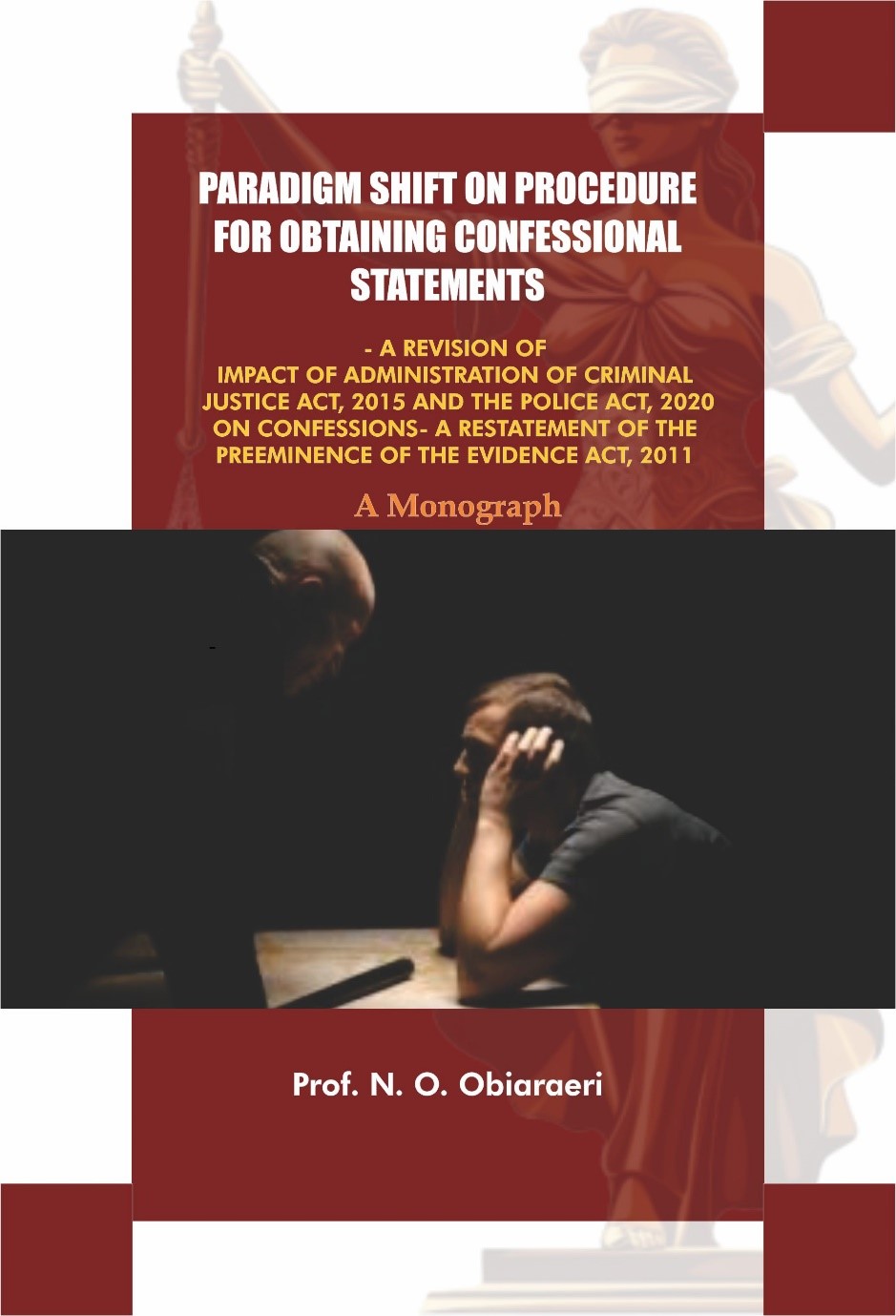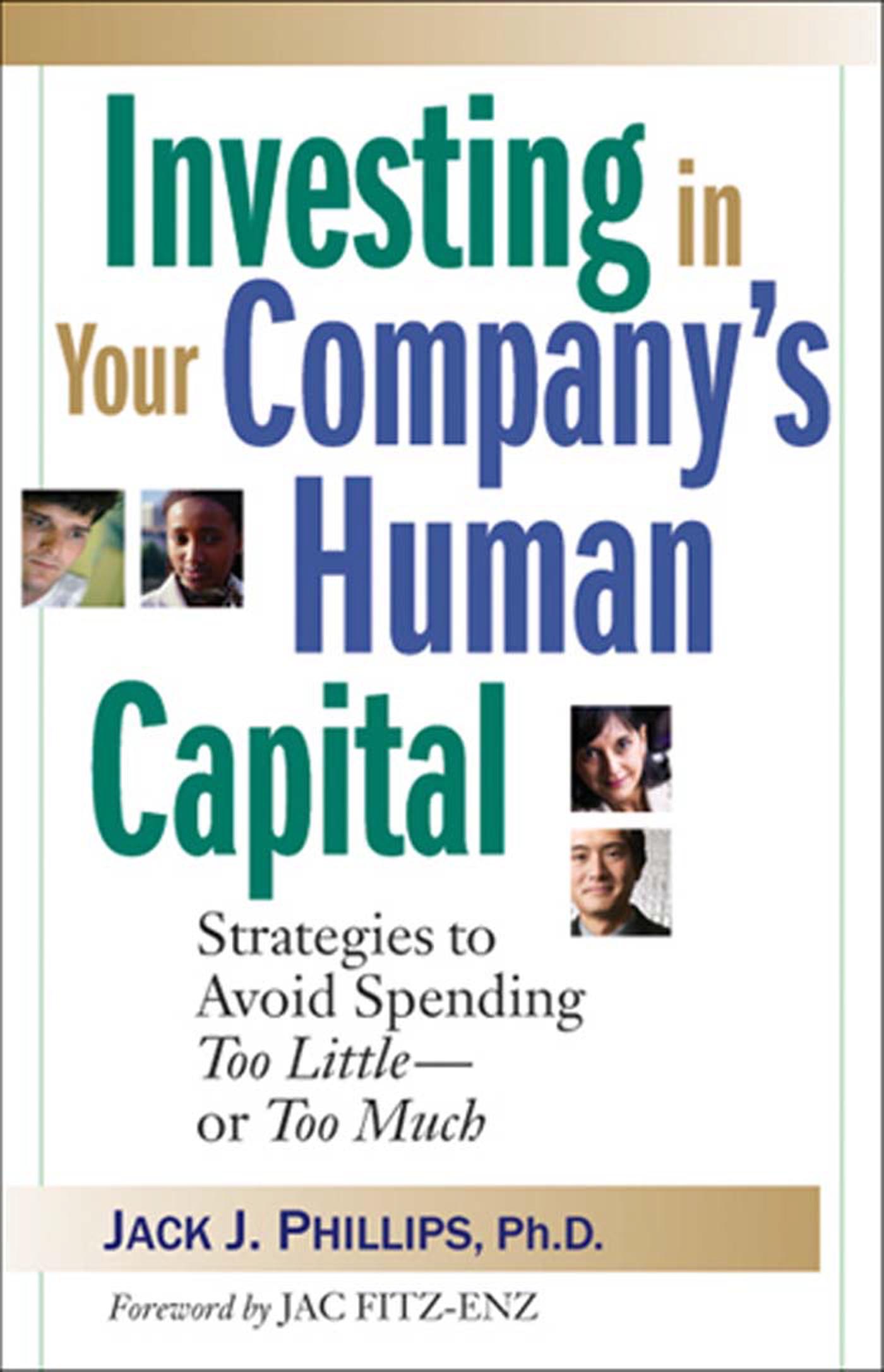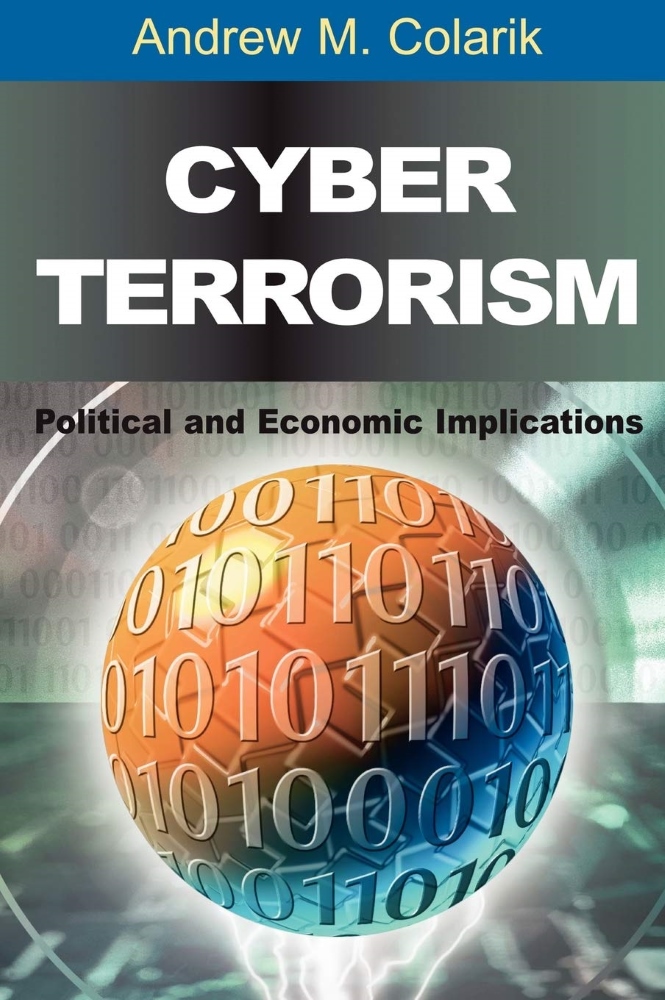
PARADIGM SHIFT ON PROCEDURE FOR OBTAINING CONFESSIONAL STATEMENTS – A REVISION OF IMPACT OF ADMINISTRATION OF CRIMINAL JUSTICE ACT, 2015 AND THE POLICE ACT, 2020 ON CONFESSIONS- A RESTATEMENT OF THE PREEMINENCE OF THE EVIDENCE ACT, 2011
Prof. Obiaraeri, N. O
Original price was: $ 6.82.$ 3.41Current price is: $ 3.41.
This is a revision of an earlier monograph titled Impact of Administration of Criminal Justice Act, 2015 and the Police Act, 2020 on Confessions- a Restatement of the Preeminence of the Evidence Act, 2011.It is hornbook law that the position of the law can and do change where a statute is either repealed, abrogated or amended. The position of the law can and do also change according to the most nascent interpretation placed on statutory provisions by the Courts.
Description
This is a revision of an earlier monograph titled Impact of Administration of Criminal Justice Act, 2015 and the Police Act, 2020 on Confessions- a Restatement of the Preeminence of the Evidence Act, 2011.It is hornbook law that the position of the law can and do change where a statute is either repealed, abrogated or amended. The position of the law can and do also change according to the most nascent interpretation placed on statutory provisions by the Courts. In Nigeria, the doctrine of judicial precedence commands that decisions of the Supreme Court are final and bind all other Courts, authorities and persons. When the most recent decision of the Supreme Court on an issue departs from an earlier one it held, the understanding, implications and interpretation placed on that statute or law also changes. With specific reference to the position of the law on the relationship between the provisions of the Evidence Act, 2011 as now amended by the Evidence (Amendment) Act, 2023 on the procedure for obtaining confessional statement on the one hand and the Administration of Criminal Justice Act, 2015, the Police Act, 2020, Administration of Criminal Justice Law of a State on the other hand had remained controversial. This is because the Supreme Court has had to change its position on two remarkable occasions firstly in 2022 in Taiwo v FRN and in 2024 in FRN v Nnajiofor and FRN v Akaeze.
In the earlier monograph, based on the decision of the Supreme Court in Taiwo v FRN, among other things, the position was taken that the Supreme Court had laid the controversy to rest when it held that the admissibility of a confessional statement is not dependent on the presence of counsel or relation of the suspect at the time of making the confession and that section 17(2) of the ACJA, 2015 which makes this a condition precedent cannot override the clear provision of section 29 of the Evidence Act, 2011 which provides for how to test the voluntariness of a confessional statement.







